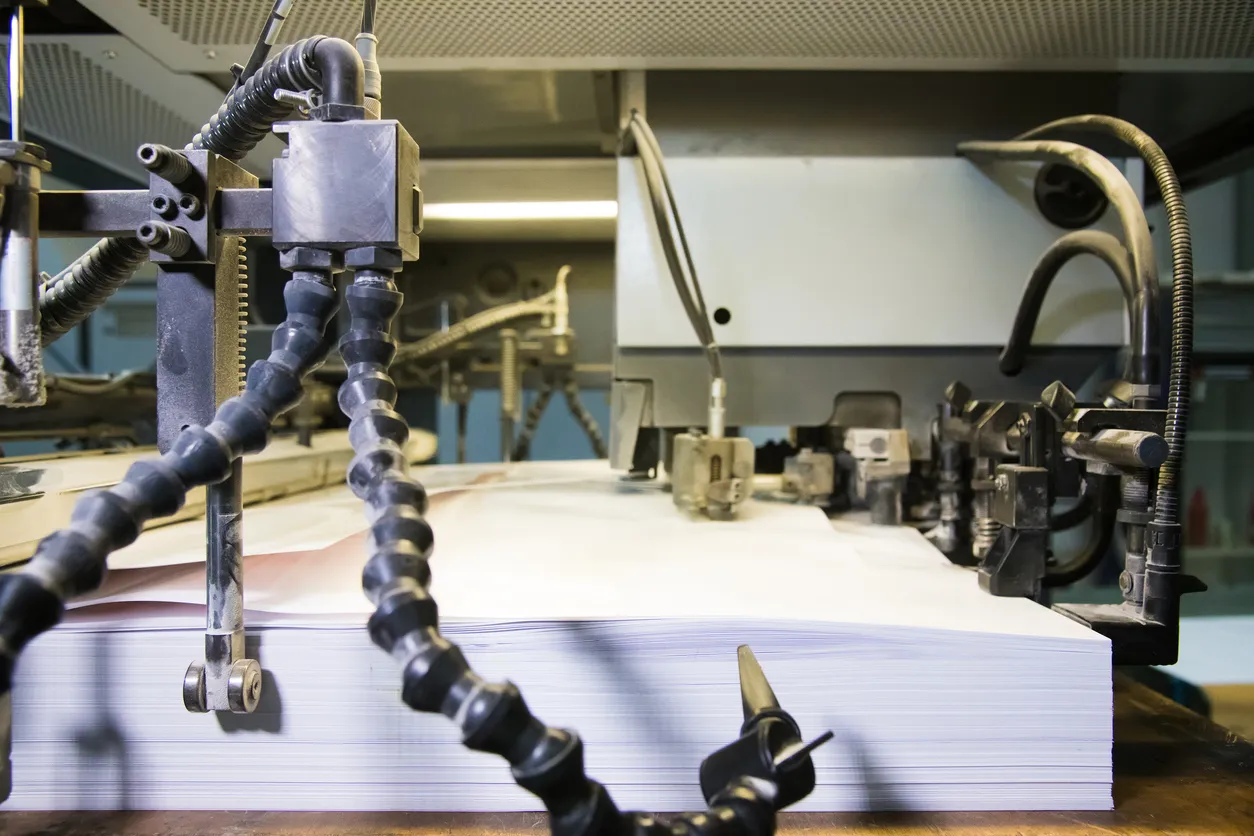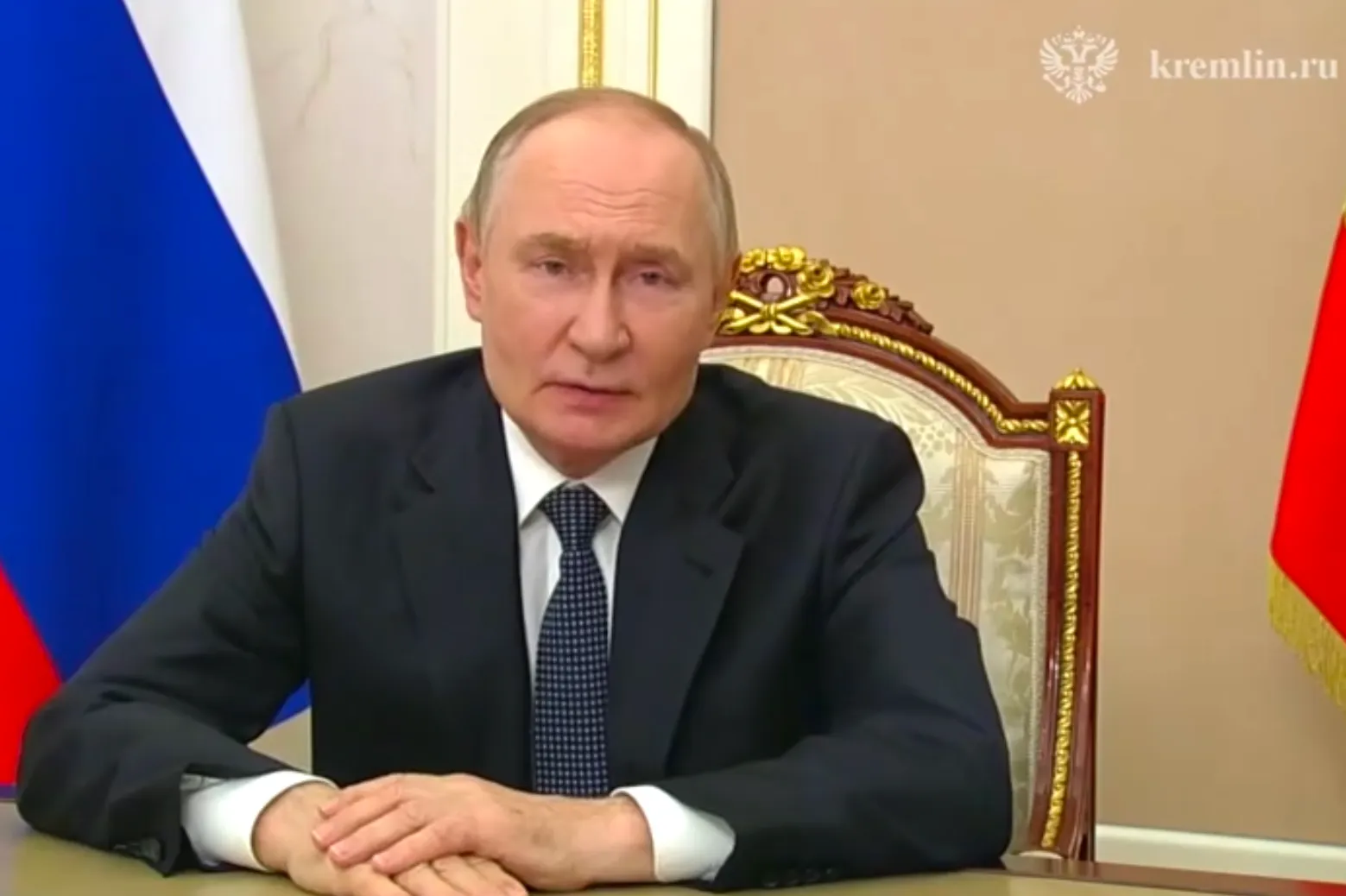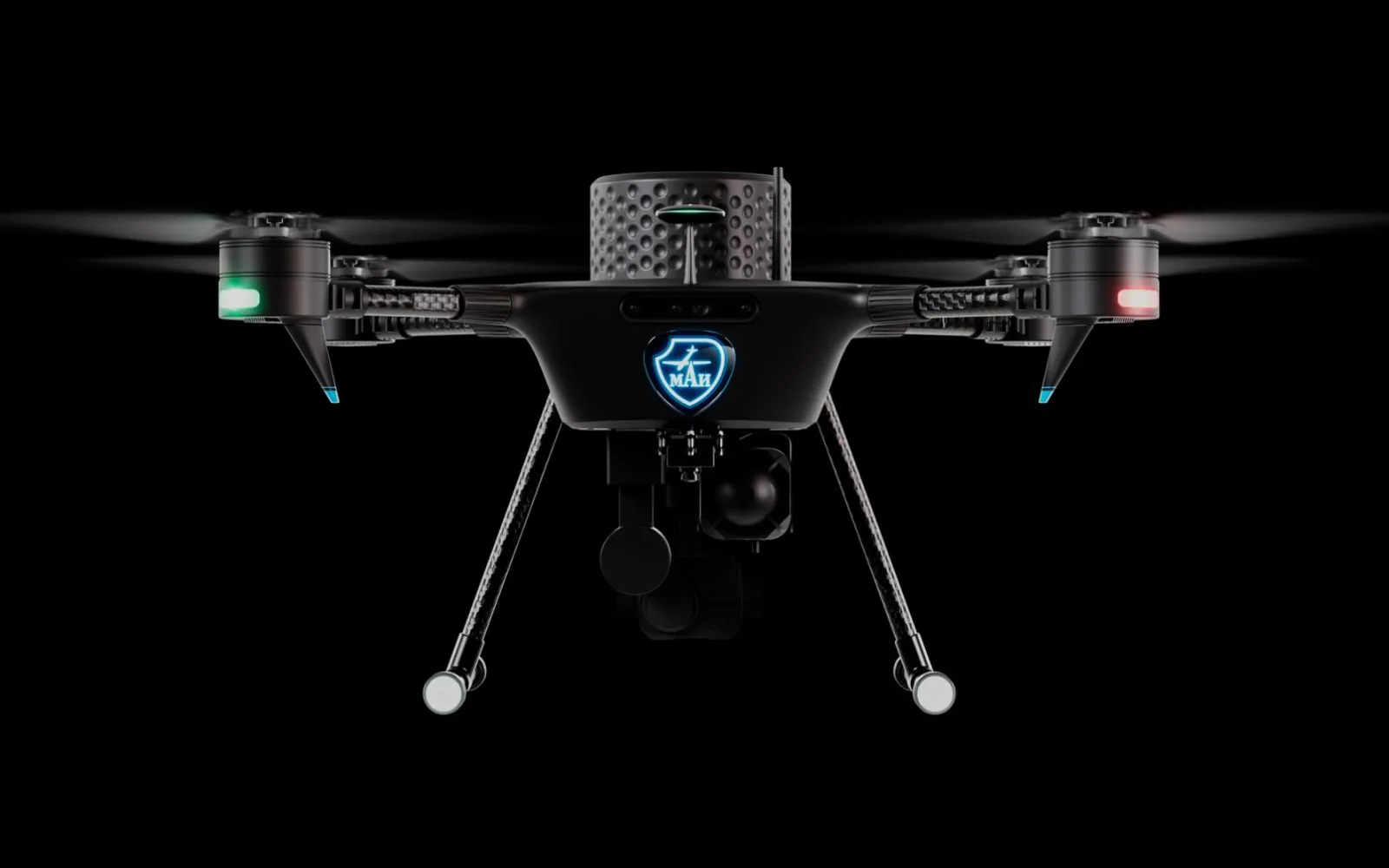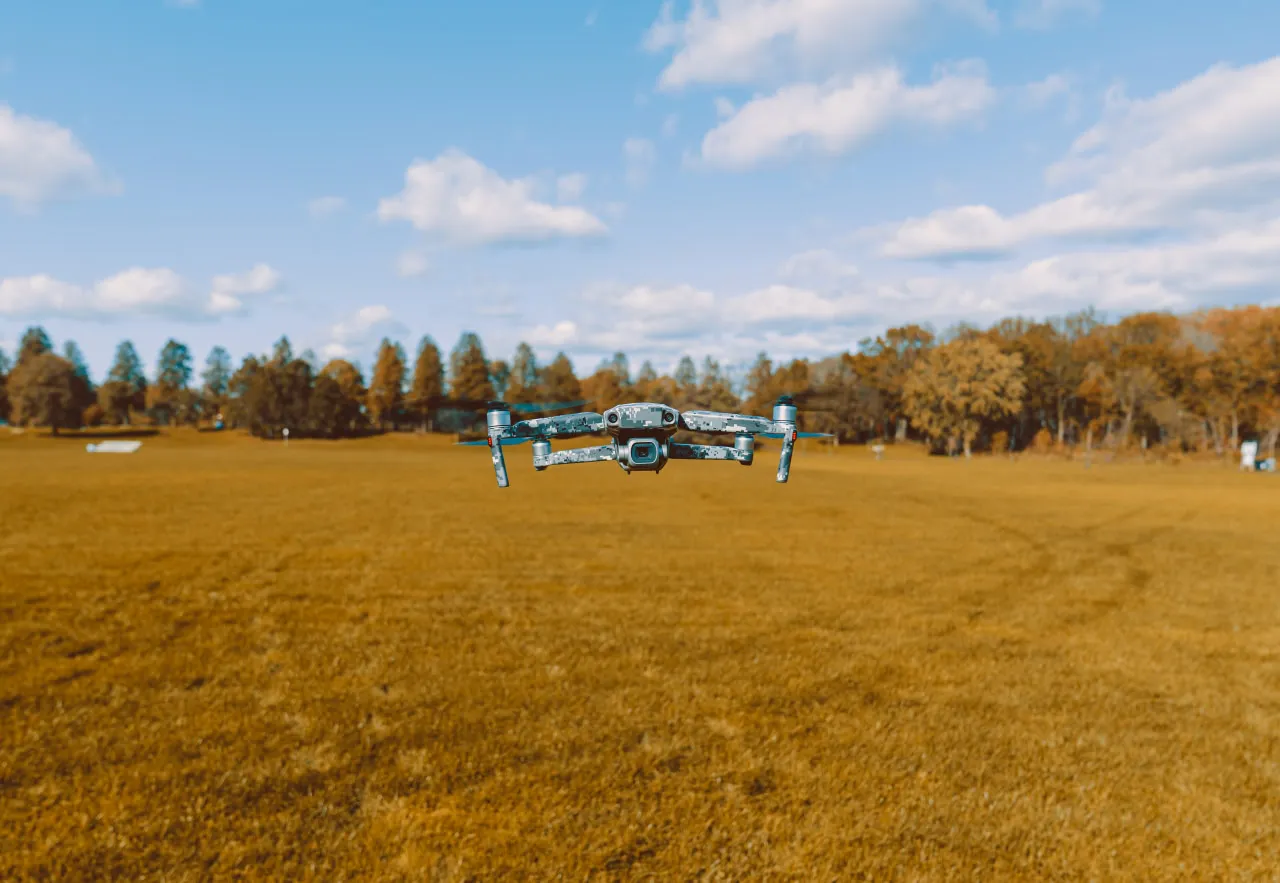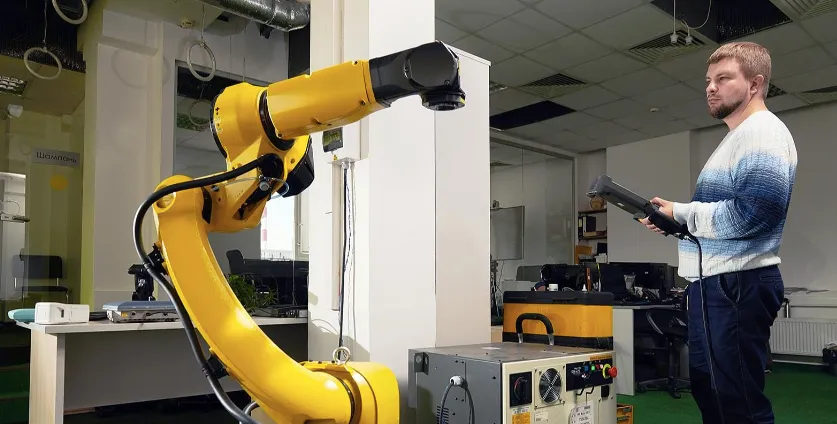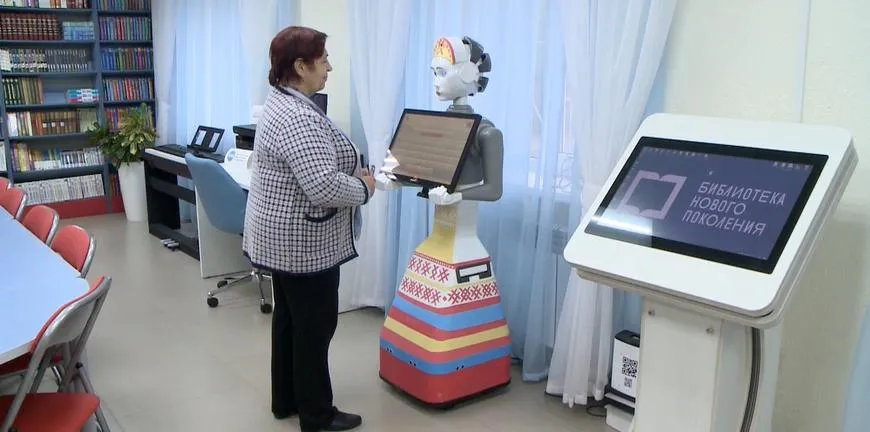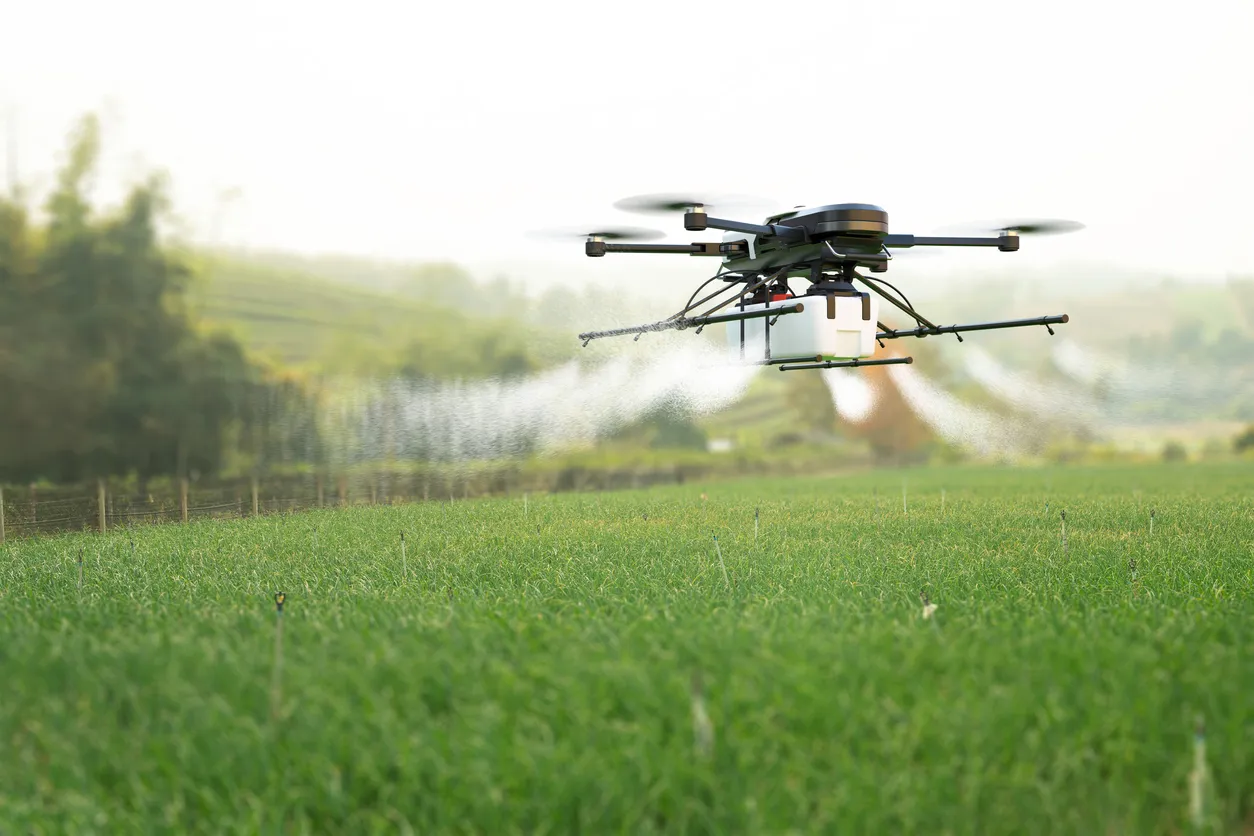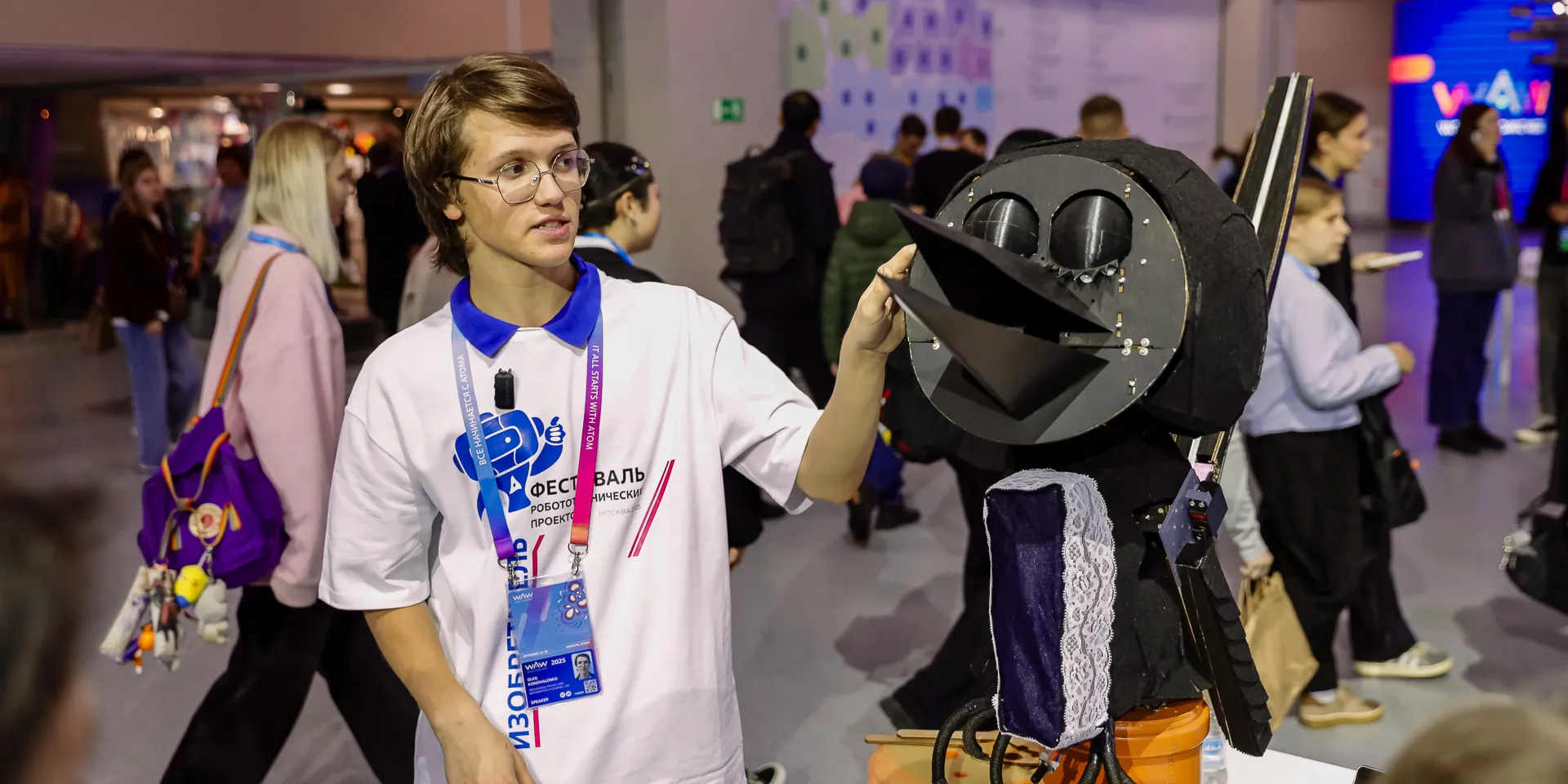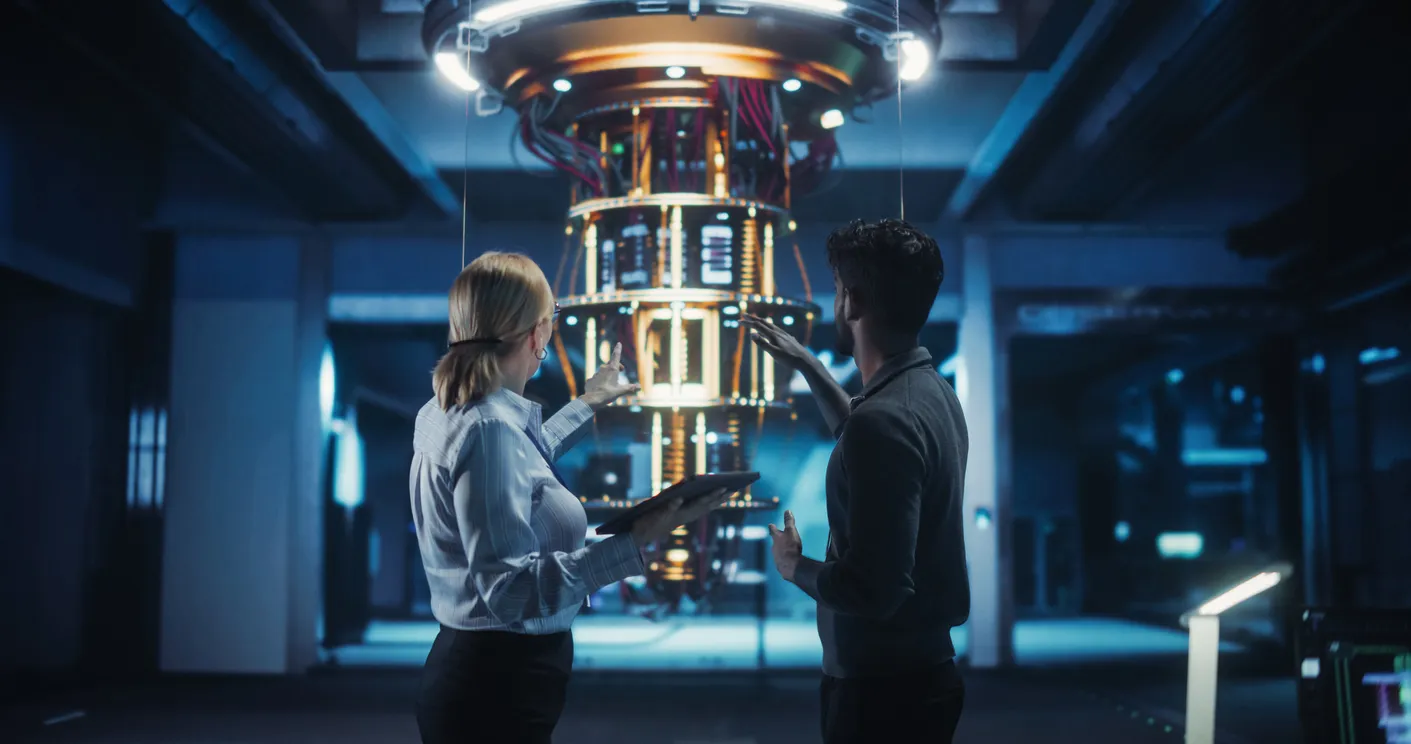AI Becomes a Key Research Tool for Russian Students
Nearly one in four academic assignments in Russia now involves artificial intelligence, reshaping how students learn and produce research.

A large-scale 2025 study revealed that at least 24% of student work in Russia is completed with the help of AI technologies — a figure that has nearly quadrupled over the past two years. Interestingly, while AI usage is on the rise, plagiarism rates are dropping. Students are moving away from copying existing texts and increasingly using neural networks to refine and generate original material.
The research shows that AI has become a fixture across the country’s academic landscape, used both in top universities and in regional institutions. Artificial intelligence is no longer a novelty — it’s part of how Russian students think, study, and create.
From Resistance to Integration
Experts say the real numbers may be even higher. Roman Dushkin, senior lecturer at the National Research Nuclear University MEPhI, notes that modern AI models often evade detection systems. 'In reality, almost 100% of students use neural networks in some way when creating their texts,' he said. According to Dushkin, this presents universities with a new challenge: not to fight these technologies, but to integrate them responsibly into the learning process while teaching students critical thinking and digital literacy.
For Russia’s higher education system, this shift represents not a threat, but an opportunity — a chance to shape a generation fluent in both scholarship and machine intelligence.



